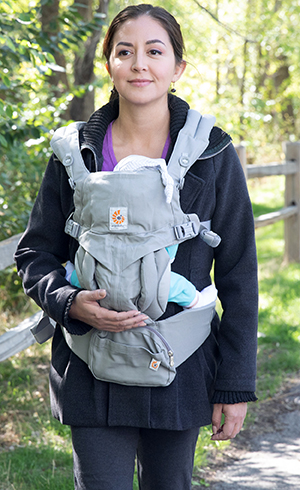Gestational Diabetes: After Pregnancy
Your blood sugar will most likely return to normal after delivery. But gestational diabetes is a warning sign that you are at risk of getting diabetes later in life. You’re also more likely to have gestational diabetes with your next pregnancy. But you can take steps to reduce these risks.
Taking care of yourself

Even if your blood sugar goes back to normal, you still need to take care of yourself. This will help prevent diabetes later in life. You'll need to:
-
Keep your weight down. Eating food that is low in fat and sugar can help you control your weight. If you’re overweight, your risk of getting diabetes in 10 to 15 years more than doubles. Keeping your weight down also reduces your risk of gestational diabetes in your next pregnancy.
-
Get regular exercise. Exercise helps lower your blood sugar. It can also help you control your weight. Try to work up to at least 150 to 300 minutes of moderate exercise every week. This is at least 30 minutes each day.
-
Have your blood sugar checked. Make an appointment to have your blood sugar checked 6 to 8 weeks after delivery. If your blood sugar is still high, you may have type 2 diabetes. Your healthcare provider will tell you more about how to manage diabetes long-term.
-
Have regular diabetes screenings. Have blood tests every year, or as often as your healthcare provider advises.
Breastfeeding
Breastmilk is the best food for your baby. Giving only breastmilk is advised for at least your baby's first 6 months. Breastfeeding may also help lower your blood sugar. Your healthcare provider can show you how to breastfeed. Be sure to eat healthy foods and drink extra water while you’re breastfeeding. You may find exercise easier right after breastfeeding. This is when your breasts may feel lighter.
Planning a future pregnancy
Your blood sugar needs to be back to normal before you get pregnant again. Have your blood sugar checked before you plan your next pregnancy. And remember that it’s possible to get pregnant again soon after you give birth. Talk with your healthcare provider about the best method of birth control for you and your partner.
© 2000-2024 The StayWell Company, LLC. All rights reserved. This information is not intended as a substitute for professional medical care. Always follow your healthcare professional's instructions.